Have the Chinese who support Trump changed their minds?
Tomorrow, November 3rd, is US Election Day, and I would like to recommend a documentary. There is a source at the end of the article.
The film, First Vote, is about the political engagement of four Chinese-Americans, each of whom is interesting:
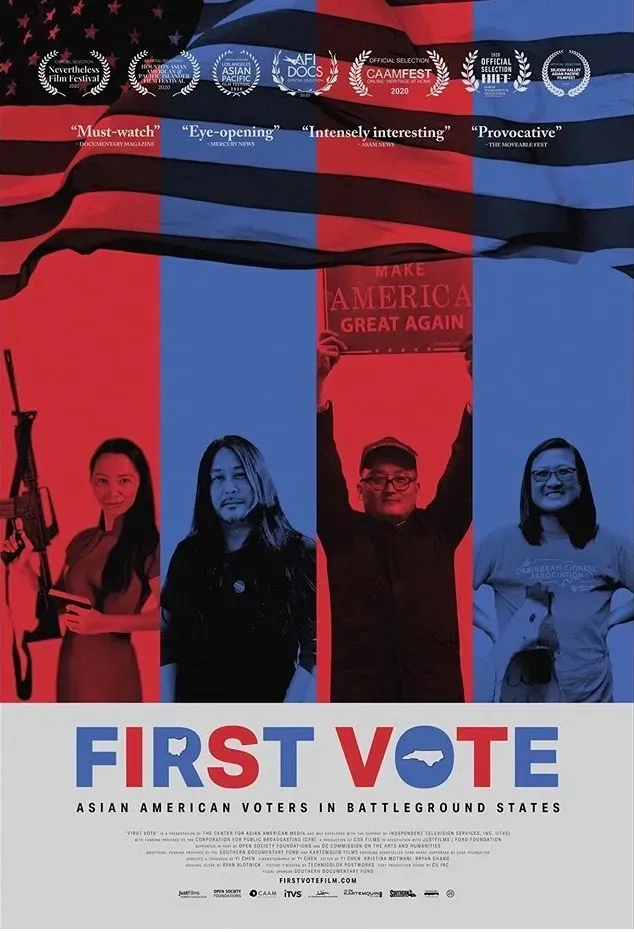
The one on the left wearing a cheongsam and holding a gun is Fu Jiangxiu Sue Googe, a Republican. Born in a village in Hainan, she has worked in Guangdong and Hong Kong. She came to the United States for undergraduate studies in 1998, when she was 26 years old. Worked in a restaurant, worked as a programmer, became a US citizen in 2005, and started investing in real estate in 2010. She lives in North Carolina with her husband, Russ Googe, and ran for Congress as a Republican in 2016, dubbed "Trump Woman."
The second from the left is Guo Yiguang Kaiser Kuo, a Democrat, born in New York, raised in Arizona, graduated from the University of California, Berkeley, has lived in China for many years, is one of the founders of the Tang Dynasty band, and worked for Baidu. He returned to the United States in 2015, lives in North Carolina with his wife and two children, and hosts the Sinica podcast focusing on China issues.
The third from the left is Lance Chen, a Republican, who went to the United States to study for a Ph.D. in 2001 and became an American citizen in 2015. Now an assistant professor at a university business school in Ohio, his "MandarinGOP" podcast has been popular with conservative Chinese.
On the far right is Jennifer Ho, a Democrat, whose father is from China and whose mother is from Jamaica. She is a professor at North Carolina at Chapel Hill in the film. Now she has moved to Colorado, where she continues to do racial research and is active in the local Asian-American community.
I mainly want to talk about Lance and Sue.
Why choose Trump?
First insert a few pieces of data:
As of 2017, there were approximately 22.2 million Asian Americans. Among them, Chinese accounted for 5 million.
In the 2016 election, 61% of Chinese-American voters supported Hillary Clinton and 35% supported Trump. (Asian overall ratio is 67% vs 25%)
Lance and Sue's political affiliation is not a majority among all Chinese-Americans. As for the position of the first generation of Chinese immigrants, I have not found reliable statistics.
But regardless of the position left or right, the political participation of the Chinese is a very interesting thing.
My friends are mostly leftists, so I'm particularly curious about Lance and Sue's thoughts.
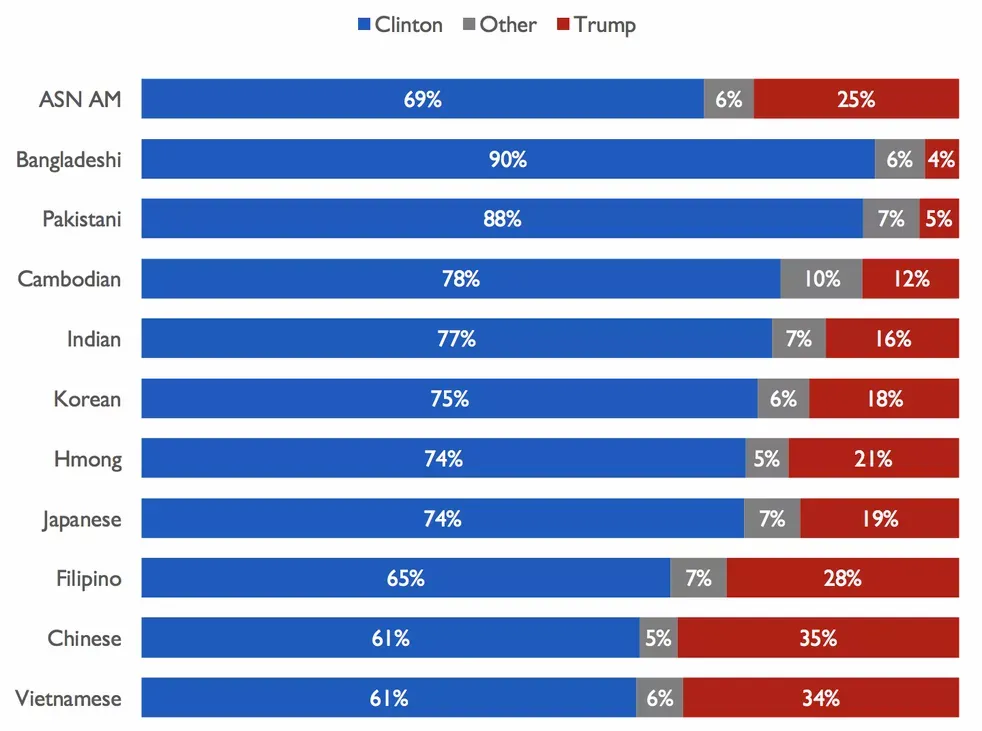
To summarize the common reasons why Chinese support Trump:
- Educational issues. Oppose Affirmative Action, or affirmative action. It is believed that AA influences Chinese children to enter Ivy League schools.
- Immigration issues. It is believed that the Democratic Party takes care of illegal immigrants and violates the rights of legal immigrants.
-Social issues. Opposes the legalization of marijuana, same-sex marriage, Black Lives Matter, etc., and believes that the leftists undermine public order and social order.
- Economic and tax issues. It is believed that the Democratic Party wants to "divide the land between the local tyrants" and turn the United States into a socialist country.
In the film, Lance gets straight to the point, saying that "Democrats are good for minorities and immigrants" are two big lies.
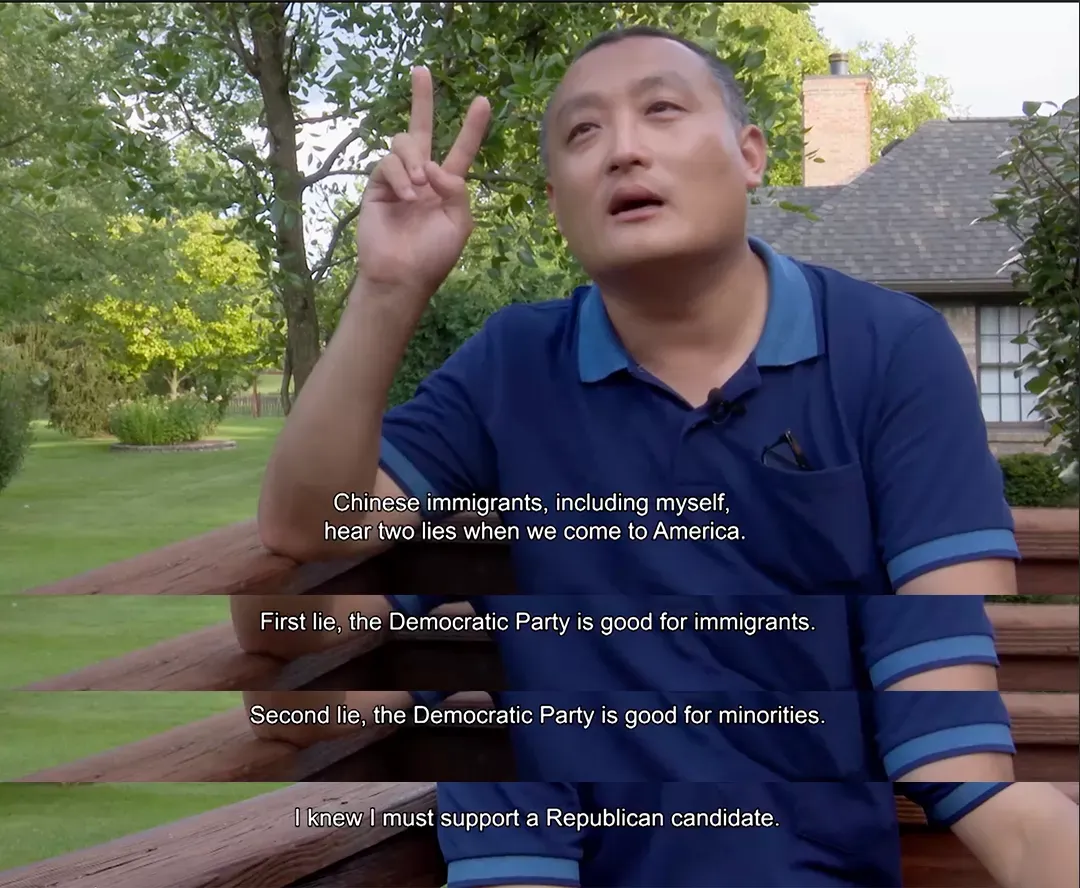
One of his podcast missions, he says, is to "balance the voices of the lie-dominated mainstream media."
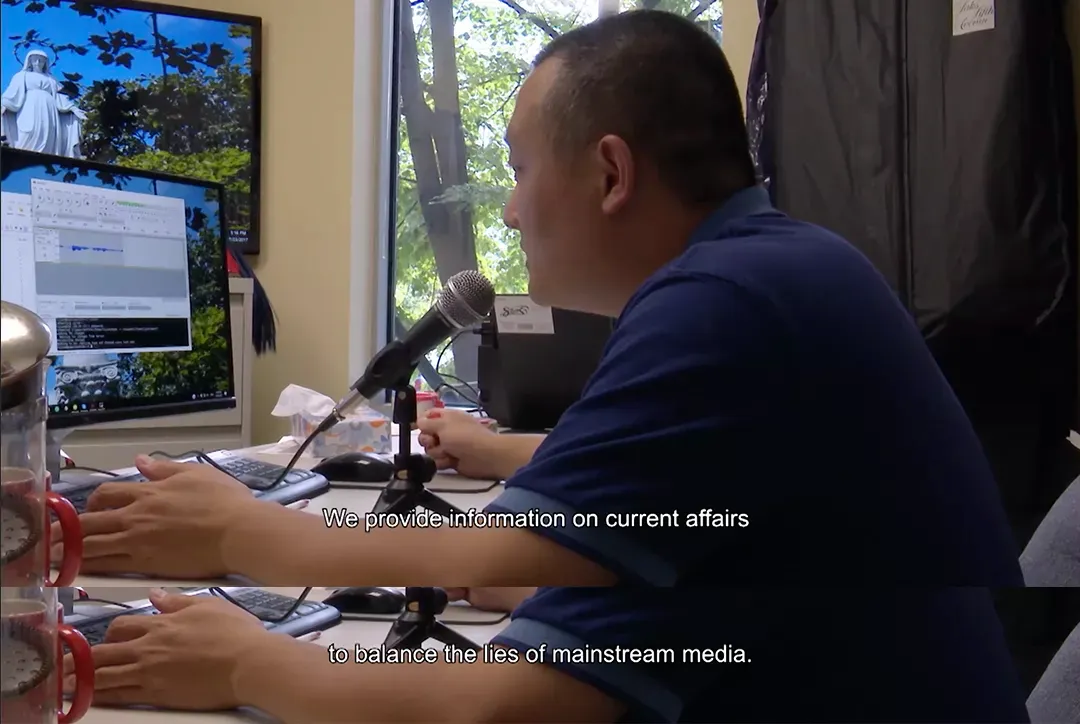
The director told me that almost all of Lance’s friends support the Republican Party , and that Kaiser Kuo, another protagonist in the film, has an incredible passion for the Democratic Party.
Several friends of Lance also gave their thoughts on Trump:
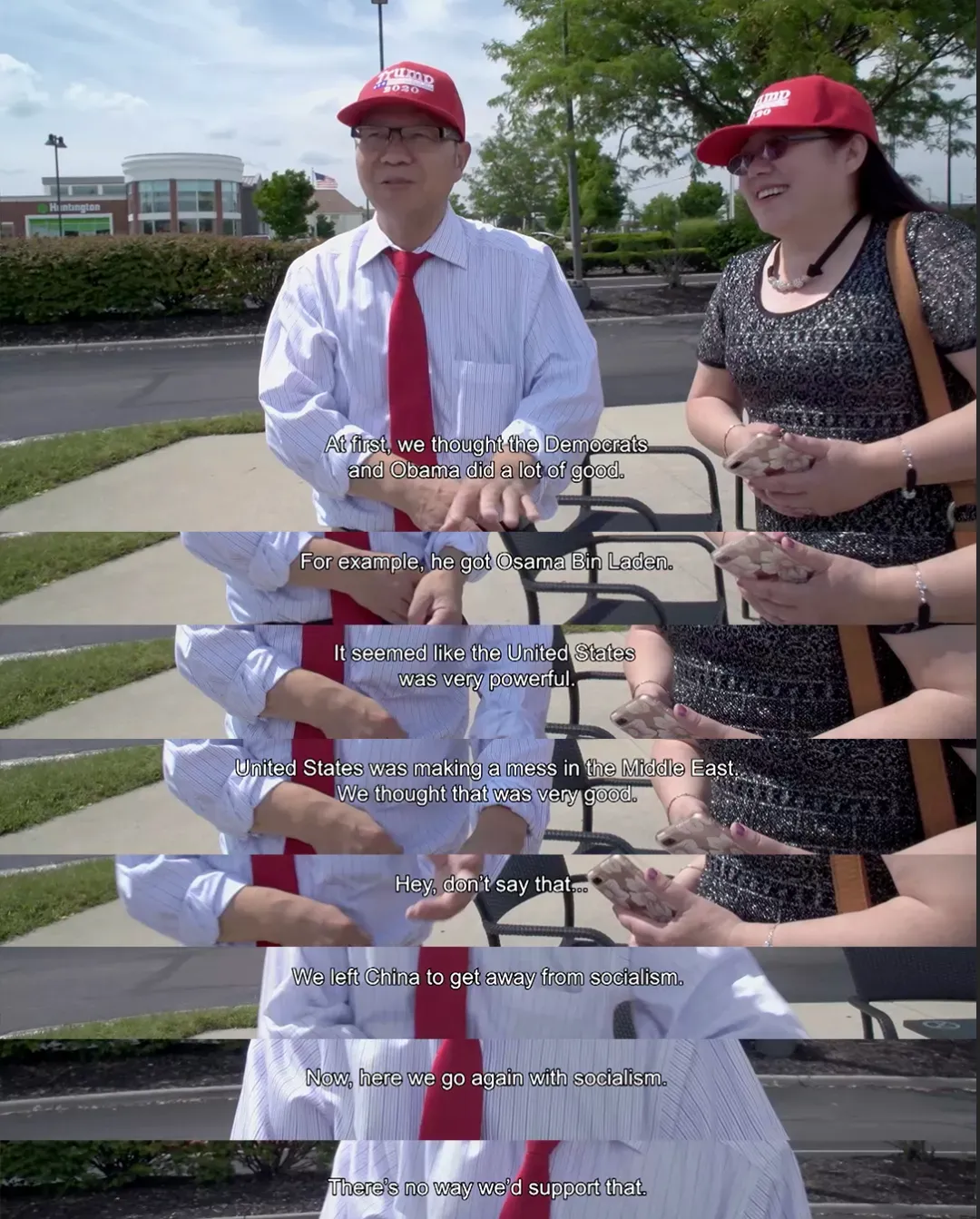
(Chinese original sound, the following is the main idea)
Man: At first we thought Obama had done a lot of things, like getting rid of bin Laden and Gaddafi. I take his re-election for granted, when America looked strong and messed up the Middle East, and we thought it was fine. But then I felt that he was practicing egalitarianism, and that we ourselves escaped from socialism, and now we want to engage in socialism, that is absolutely not acceptable.
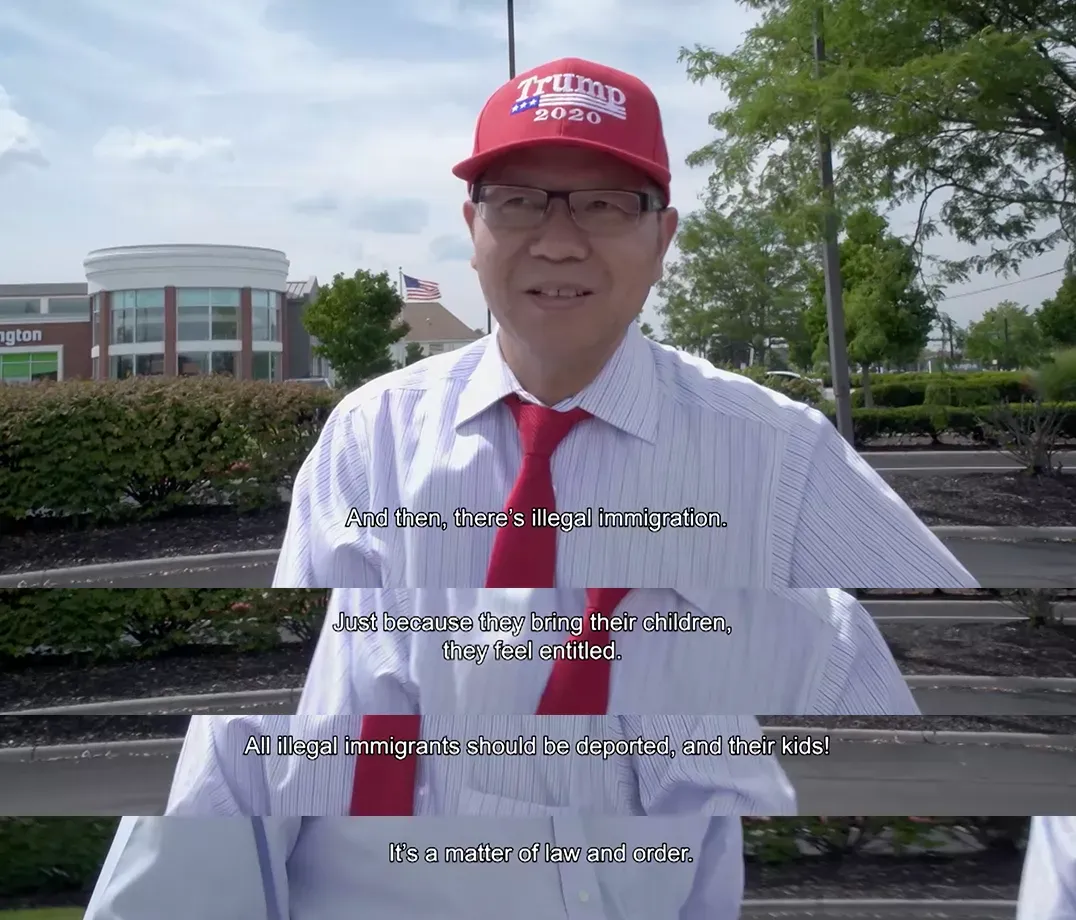
Man: There are also illegal immigrants. It seems that bringing a child is a big deal. These illegal immigrants, including children, were all kicked out, and what kind of gentle treatment and humanitarianism are needed, there is no humanitarianism.
Female: The main thing is law and order.
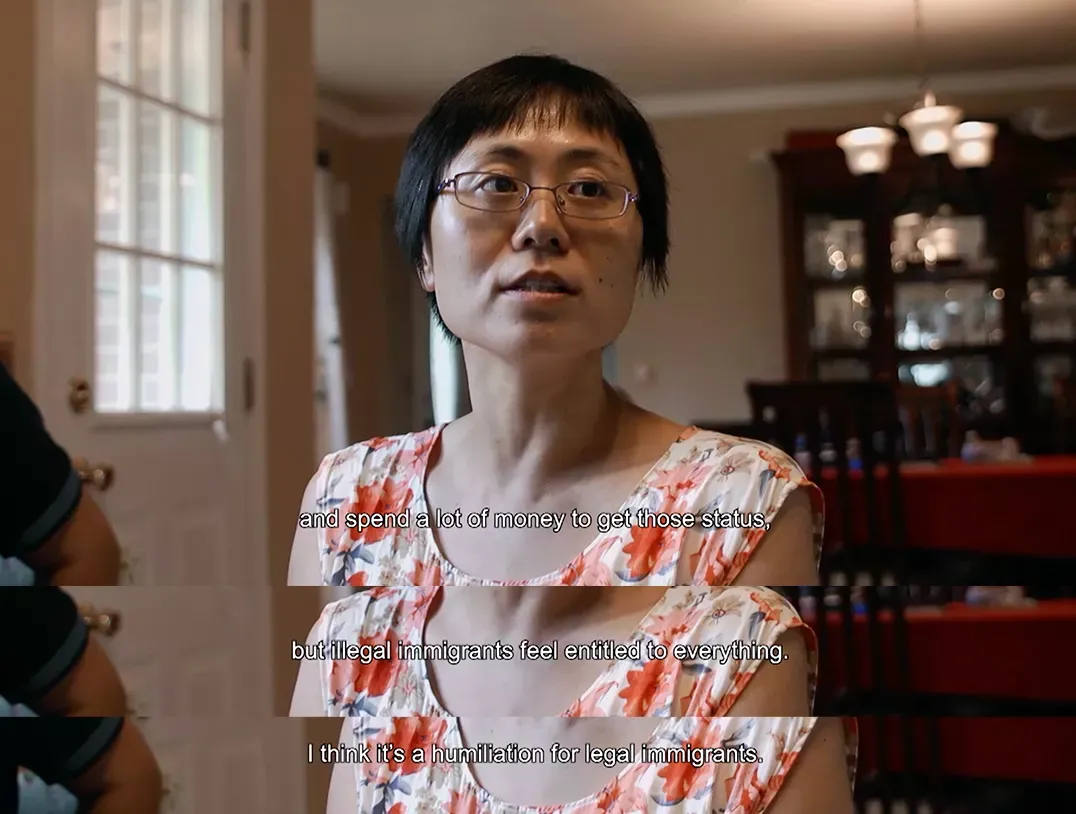
Another friend of Lance, Xia: We immigrated through a long process and spent a lot of money. When illegal immigrants come, they feel that they deserve everything. I think this is an insult to legal immigrants.
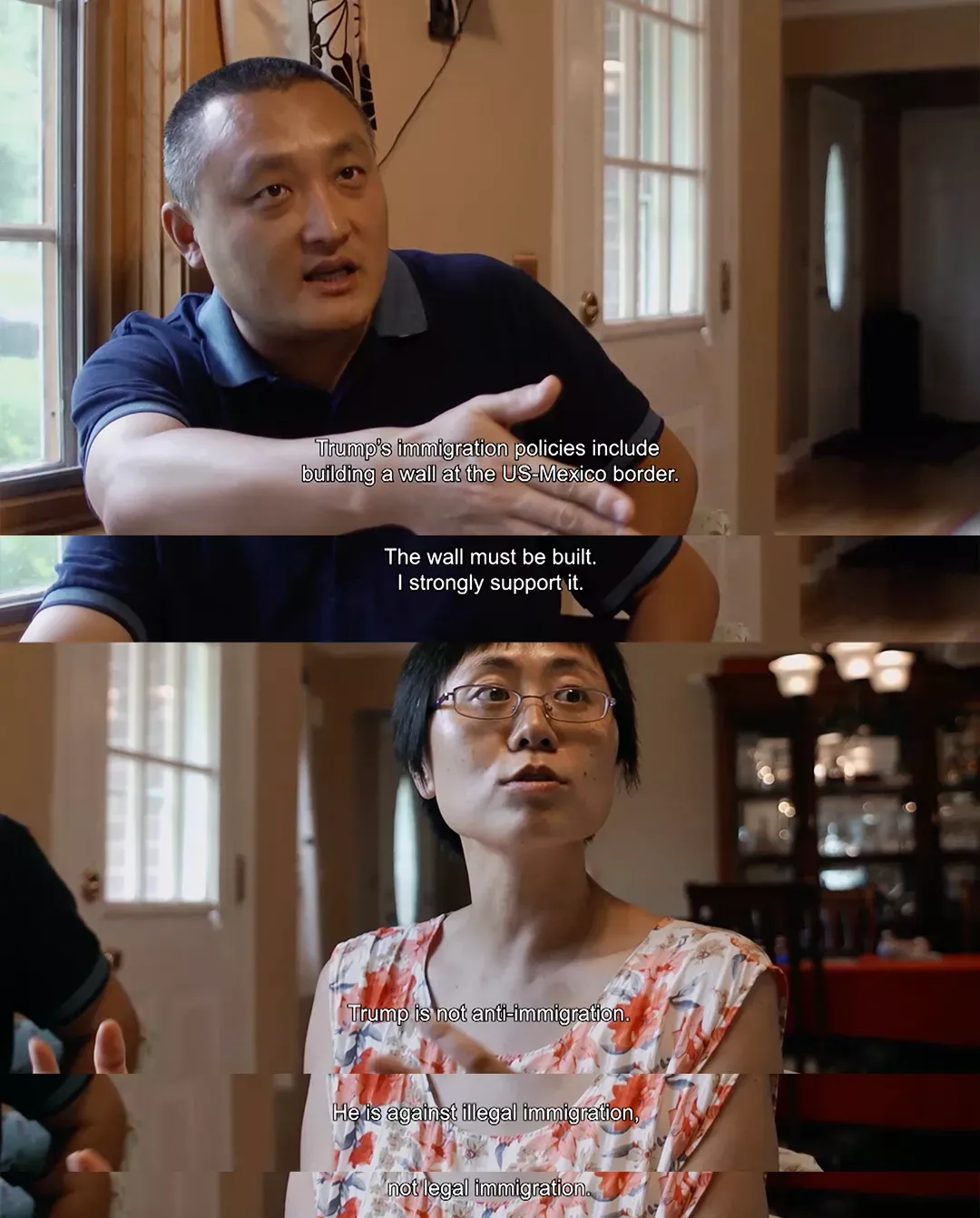
Lance: The US-Mexico border wall must be built. I strongly support it.
Xia: Trump is against illegal immigration, not legal immigration.
...
During the Trump campaign, banners of Chinese Americans for Trump appeared in many places in the United States. Lance also raised money and rented a plane with some Chinese friends to advertise for him in Ohio.

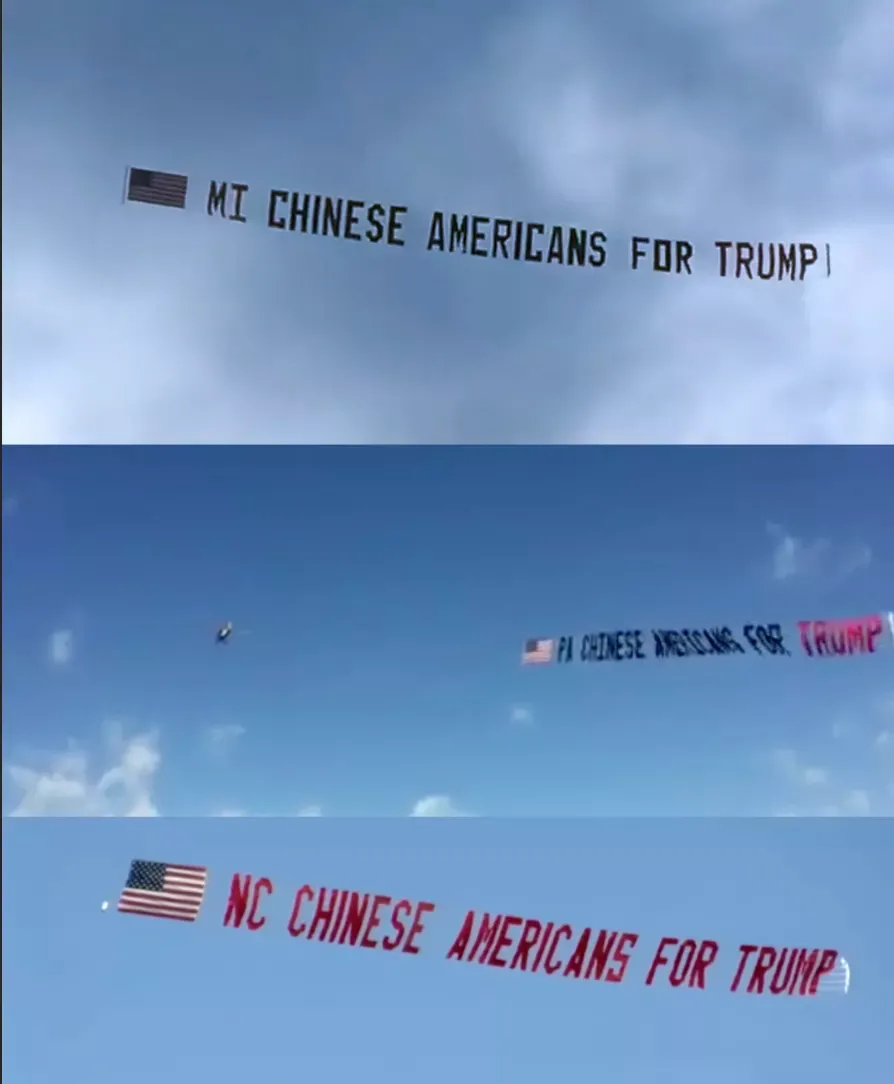
In addition to the presidential election, Lance is also active in other political activities. This is his 2018 campaign for Ohio Republican Jim Renacci. (Renacci later lost to Democrat Sherrod Brown)
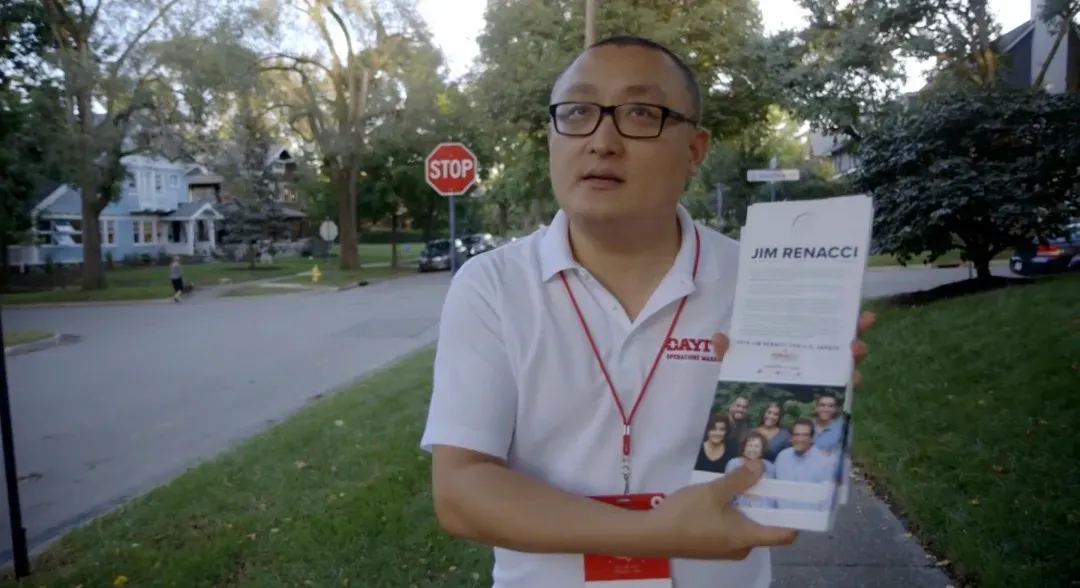

In his view, the America Trump represents is the America he wants.
So what exactly is "the America Trump represents" in his mind? According to what he said in the film and some interviews, it can be roughly summarized as follows:
Obey the law, personal struggle, America first.
"Individual struggle" was also emphasized by Sue Googe, a value she believes the Democrats have strayed from.
Sue was born in Hainan, and her grandfather was a Kuomintang officer. He was executed 49 years later, and his father fled to "the poor valley".
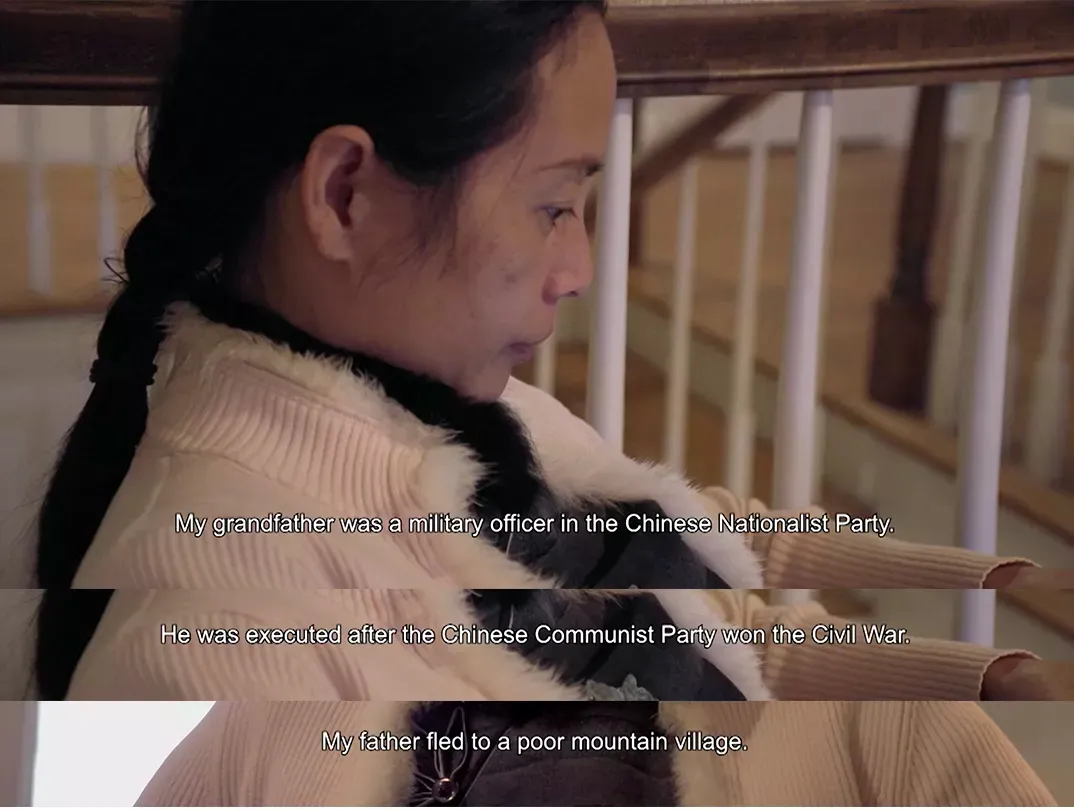

Sue went to work in Guangdong and Hong Kong after failing the college entrance examination.
She shared her experience in Hong Kong in an interview, which I found interesting:
"I experienced a lot of discrimination in the first six months in Hong Kong . That discrimination is different from the discrimination in the United States. The discrimination of Hong Kong people is put on their faces. His body language and his words will tell you every minute that he rejects them. You. That's very obvious, and you don't need to hide it, just say you in a language that makes you very unacceptable.
[...] I have been through these six months of hardship and my mentality has quickly adjusted. First of all, I am quite gifted with languages. [...] Within half a year of my stay in Hong Kong, I basically understood the mainland accent, and my words, deeds, and values began to be closer to the local Hong Kong people , such as being very dedicated to their work. Then they quickly accepted me as one of them.
Why am I mentioning this paragraph? Because I have experienced this kind of mentality of not being accepted by society and being rejected by another society, why do I keep saying that when I came to the United States, I have never encountered discrimination in the seventeen or eighteen years I have been in the United States? In the case of Hong Kong, I may encounter some things that people think are discriminatory here, but I can't feel it at all, and I won't say any harm to me. "
Sue's mentality is very common among first-generation immigrants. He thinks that when he goes to a new country, he should not complain even if he encounters unfair things. New society, can win the respect of others.
She felt that America gave her the best environment and opportunities relative to other places she had lived in.
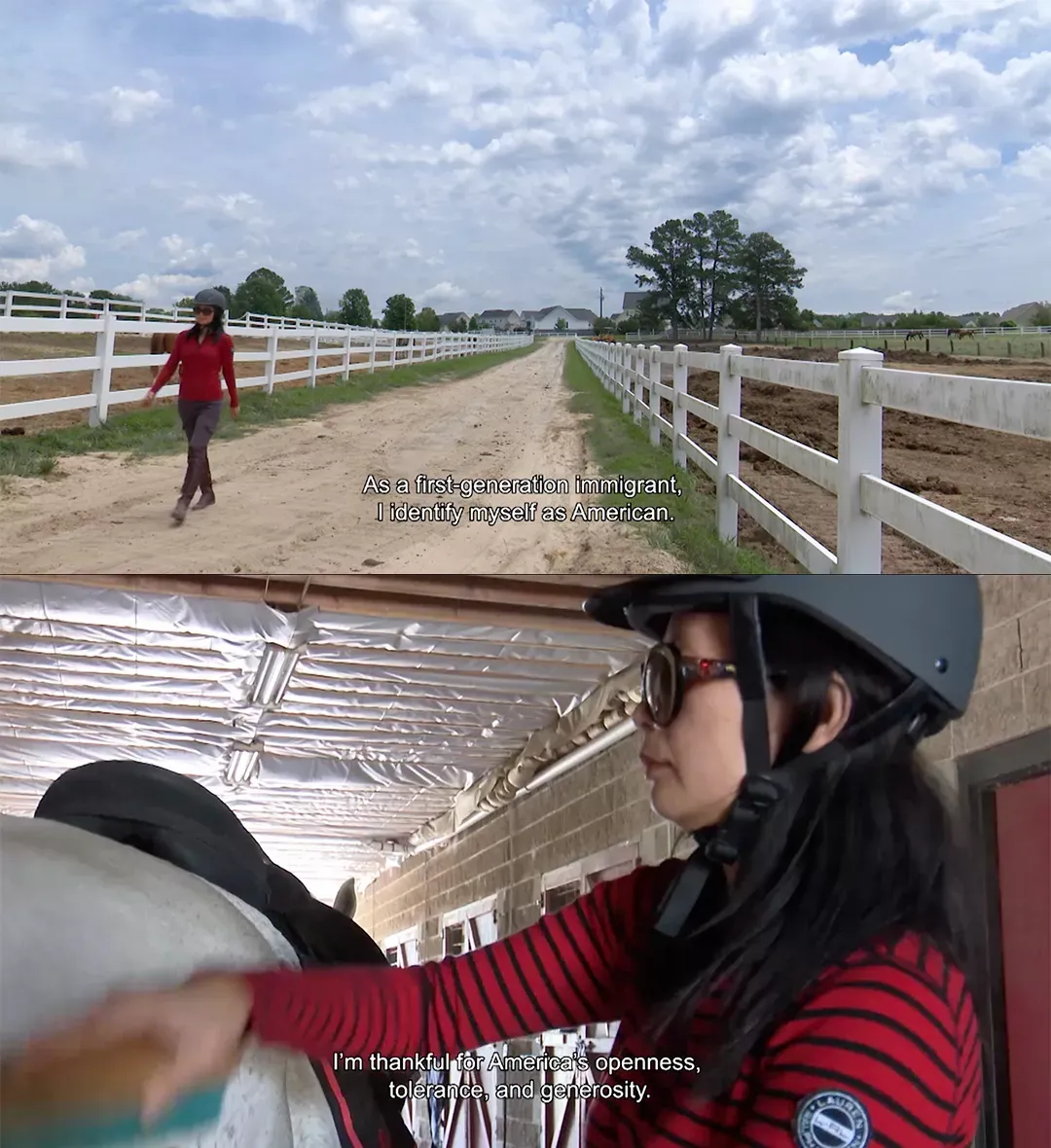
It also seems that she has achieved the "American Dream".
In her own account, as a poor and uneducated person, she came to an unfamiliar country in her 20s, and relied on ingenuity and personal efforts to have a superior life, which shows that the United States is an open and inclusive country. nation. She hopes other minorities will realize this and not see themselves as victims.
In 2018, she ran for Congress as a candidate backed by the Rifle Association and the Tea Party, the conservative wing of the Republican Party.

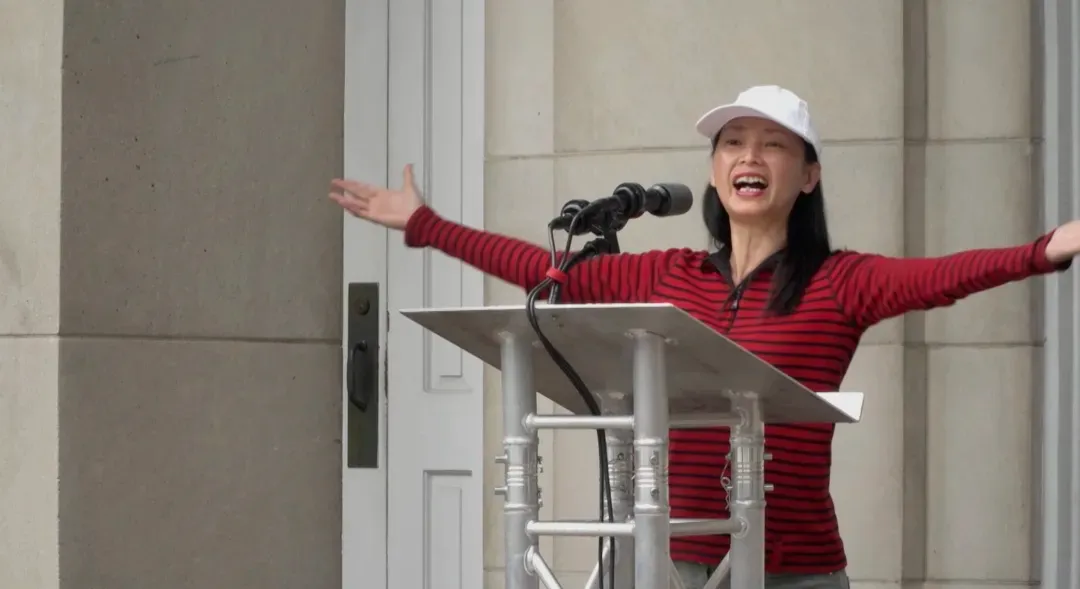
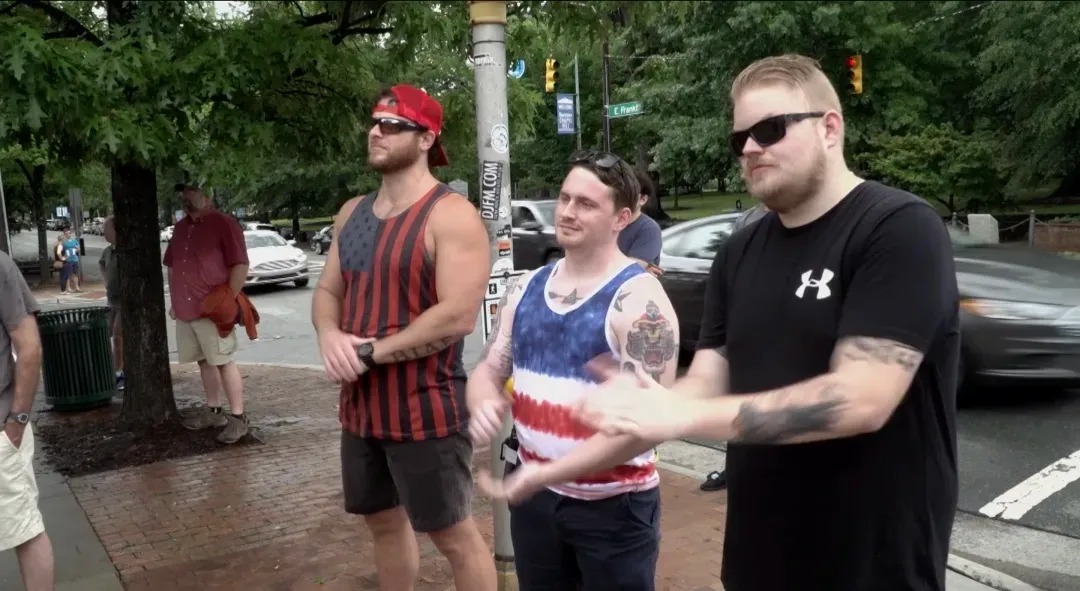
From domestic affairs to foreign affairs, from racial issues to China issues, she almost completely agrees with Trump's political views. Coupled with her straight-forward personality, she is known as "Female Trump".
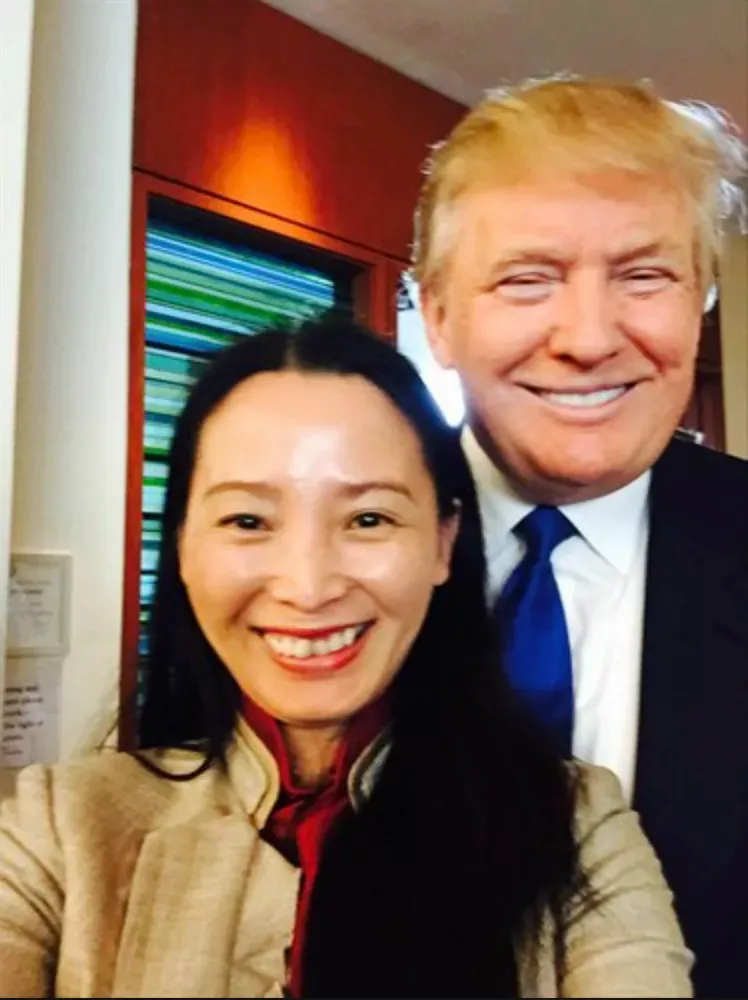
Sue lost the election, but she attracted a lot of media attention. In the film, she said that she hopes to stay in the political circle, and does not rule out that she will come out to run for elections in the future.
Now she and her husband live in a beautiful mansion in North Carolina and continue to do real estate business.
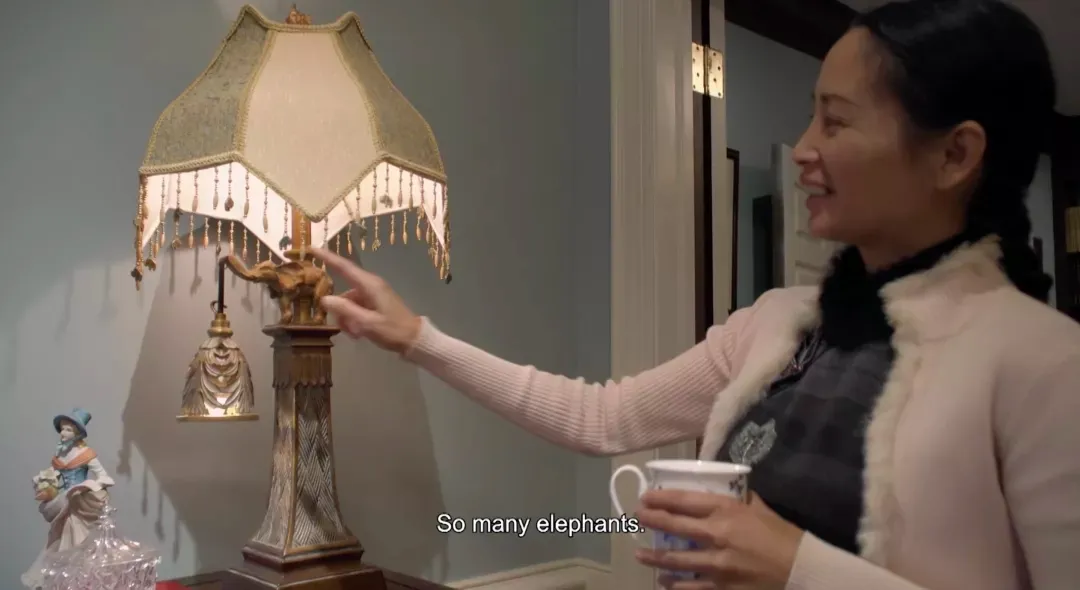
Furnishings in her home also have "Republican elements," such as this elephant-covered lamp.
——————————————
How to choose in 2020?
Among the Chinese I have contacted, there are about 20 people who openly support Trump, whether they can vote or not.
Only one person has changed his stance in those four years.
People who were originally firm have basically become more firm after 4 years.
Lance and Sue haven't changed either.
After the release of First Vote, the four protagonists participated in an online discussion about the political participation of Chinese Americans, the new crown epidemic and racial issues.
When the host asked them how they thought about the discrimination against Asians and Chinese Americans in the history of the United States, Sue came up with a clear point: racial discrimination in the United States is exaggerated.
She said that racial discrimination has existed since ancient times and exists in every country, and there is no need to emphasize racial discrimination in American society. She even believes that racial discrimination in the United States has "benefited" people.
"We came here, and if the Indians were still there, we would have been greeted with bows and arrows," she said. "It was the Europeans who conquered the land, and we enjoy that today."
She said that ethnic minorities leave their home countries to come to the United States because they believe that the United States is better than their own country; if the discrimination against immigrants by whites must be emphasized, what is the discrimination against people in their home country?
She said she was American and didn't need to prefix her identity with "Asian."
Lance thinks similarly, saying that he also runs a business and employs white employees with aggressive tattoos, which does not discriminate against him.
He believes that as long as a person is practical and reliable, others will recognize you. Even if you are really discriminated against, you should go through legal procedures and don't "play the racial card".
He said: "My political stance hasn't changed, I've been a firmer supporter of Trump . Trump is the uniter of the country, Obama is the divider of the country.
In this online discussion, he chose a portrait of George Washington for his virtual background.
...
Later, the conversation turned to Trump's performance in the new crown epidemic.
Kaiser Kuo mentioned that the number of Asian Americans being attacked during the new crown is on the rise, especially after Trump said the Chinese virus. " If someone denies racism in America, I don't think he's being sincere," Kaiser said.
Side note: According to statistics, less than 50% of hate crimes are reported to the police. Official FBI and DOJ statistics on hate crimes for 2020 won't be released until next year. The current information about Asians being discriminated against and attacked during the new crown comes from statistics from think tanks, media and related rights and interests organizations. There is a link at the end of the article.
Lance has his opinion on this: " I want to be very clear that the new crown is the Chinese virus."
Lance said that the Chinese virus has nothing to do with racial discrimination. The virus came from China. Since we can say "Spanish flu", why can't we say "Chinese virus"?
Obviously, this statement that offended many Chinese and Asian Americans did not hit Lance.
Side note: The origins of the 1918 flu are controversial. At that time, Europe was in the midst of the First World War, and some studies believed that the flu had spread to other European countries before it spread to Spain, and Spain, which had not yet entered the war, did not establish a strict media censorship system, so the epidemic in Spain was widely reported.” Spanish flu" was named after it.
In 2015, WHO's "Recommendations for the naming of emerging infectious diseases" opposed the use of geographical and personal names to name diseases.
——————————————
A few years ago I met Chen Yi, the director of First Vote, who was born in China and became a U.S. citizen shortly before the film came out. The film also contains her exploration of personal identity, her own "becoming".
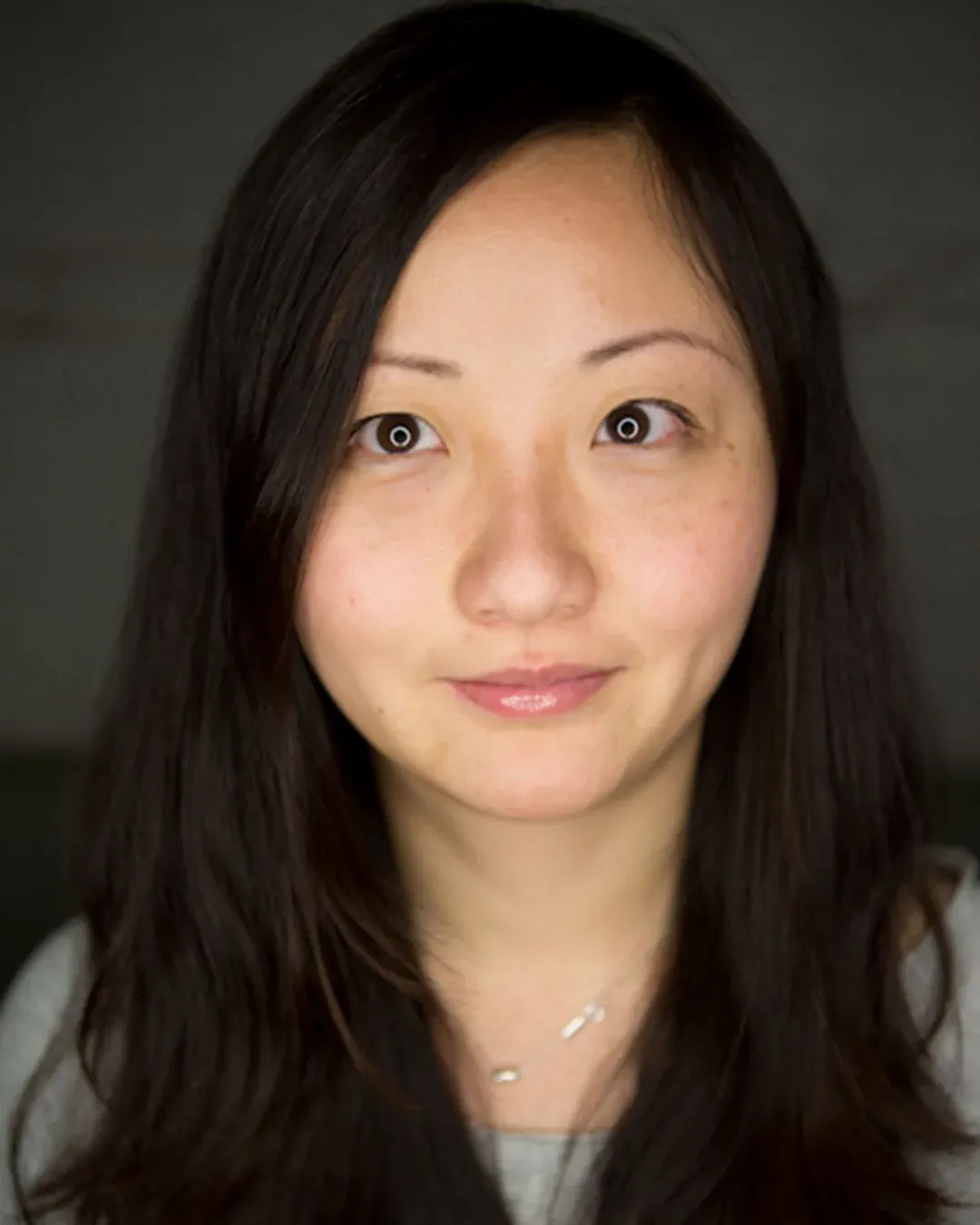
She told me that she became curious about Chinese Americans for Trump in 2016 after seeing the media coverage. This was the first time she had seen the political enthusiasm of the Chinese, which prompted her to want to understand their political participation, ultimately targeting Chinese voters in swing states.
One of the things I love about this movie is that every character in it is very sincere regardless of their position. This is inseparable from the trust established between the director and the characters.
The director did spend a lot of time finding characters and getting them to open up.
Of course, like all works, this film has some regrets. For example, the two Republicans in the film are both first-generation immigrants, and the two Democrats are American-born Chinese, which may reinforce the stereotype that "the first-generation Chinese immigrants are conservatives."
It is difficult to tell the story of the four people in the other 1-hour film. For viewers who have a certain understanding of the Chinese community, they may want to see a more in-depth narrative.
However, I believe that this film is a rare record of Chinese political participation, and it is a work worth watching.
——————————————
Having written the stories of several immigrants, I finally want to talk about the immigrants themselves.
The World Migration Report of the United Nations defines international migrants as "people whose country of residence is different from that of their country of birth", regardless of identity and visa, that is to say, student visas, work visas, refugees, family immigrants, and stowaways are all included. .
Even with such a broad definition, international migrants will only account for 3.5% of the global population in 2020, which means that 96.5% of the world's people live in their country of origin.
I was shocked to see this number because living in North America made me feel like relocation/immigration is common. I asked 10 friends living in North America, only one guessed 2% (I don't know why she is so good), and the rest guessed 15% to 50%.
In fact, think about it, immigration is a troublesome thing from all aspects. In peaceful and prosperous countries, most people do not need to move. In poor and war-torn countries, most people do not have the resources to relocate—those who have the opportunity to flee their home country are often the lucky ones.
Coupled with the varied immigration laws of various countries, migration is even more of a luxury. Historically, for example, the Chinese Exclusion Act passed in the United States at the end of the 19th century lasted for more than 60 years and was not repealed until the 1940s. There are too many real examples to list.
These 3.5% of people may be regarded as an extension of their home country, or be homogenized and labelled.
And I think all I can do is try to see each of them for themselves.
Attached is the link to the video, you can read it yourself:
https://worldchannel.org/episode/arf-first-vote/
Attached is my interview with the director + the online discussion of the four protagonists:
—————————
source:
https://www.census.gov/newsroom/facts-for-features/2019/asian-american-pacific-islander.html
https://www.nationalgeographic.com/history/2020/09/asian-american-racism-covid/#close
https://www.bbc.com/zhongwen/simp/world/2016/07/160725_ana_us_republican_trump_chinese
https://chineseradioseattle.com/2015/12/17/sue_googe_interview/
https://theinitium.com/article/20160518-international-trumpChinesefan/
https://www.un.org/sites/un2.un.org/files/wmr_2020.pdf
https://www.migrationpolicy.org/article/chinese-immigrants-united-states-2018
https://cmsny.org/publications/essay-2017-undocumented-and-overstays/
Like my work? Don't forget to support and clap, let me know that you are with me on the road of creation. Keep this enthusiasm together!





- Author
- More